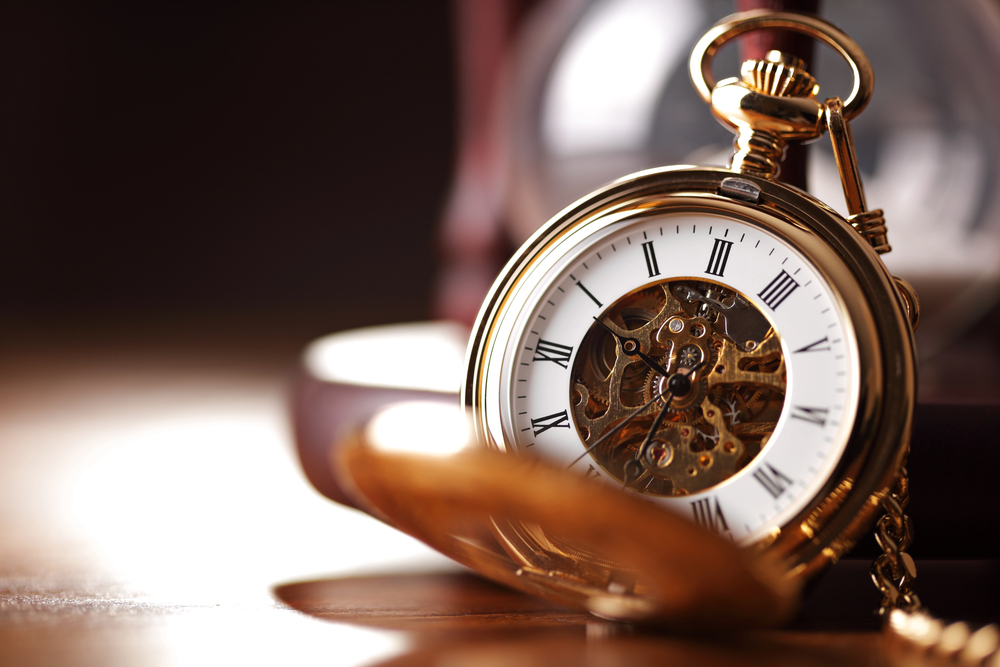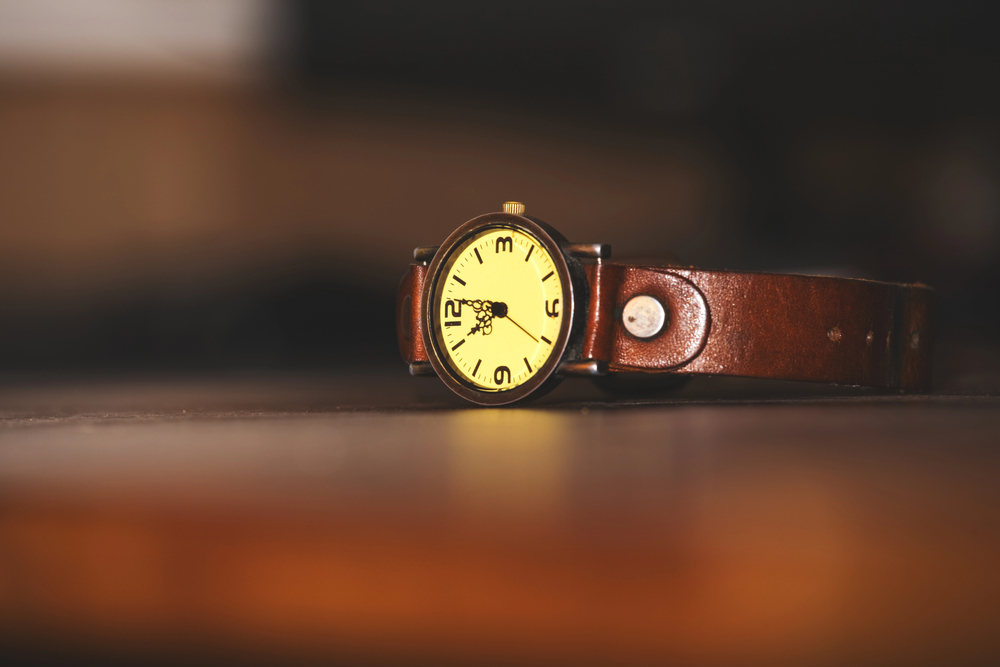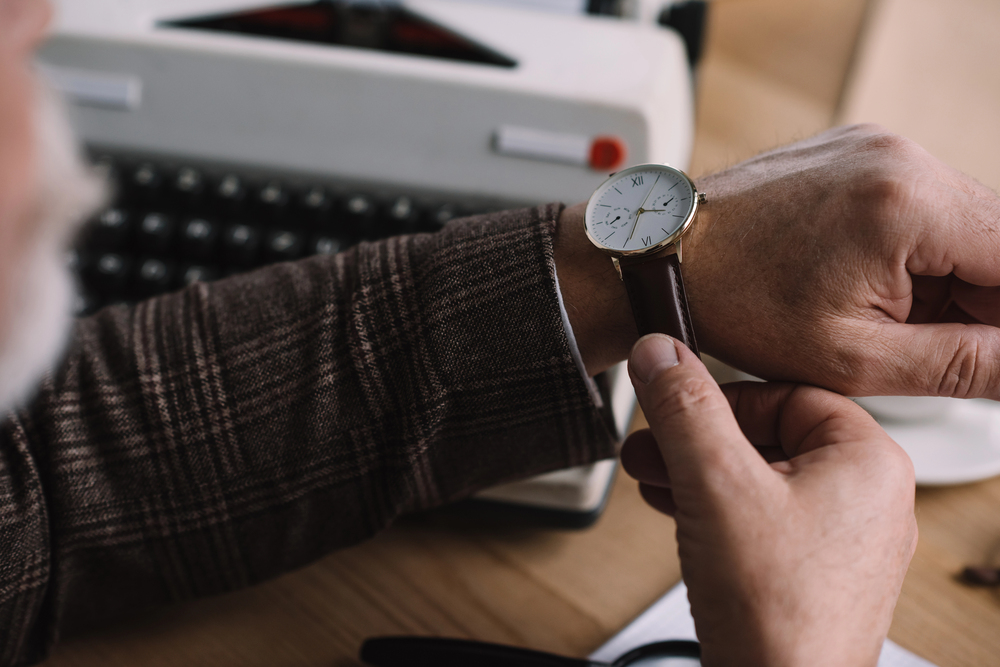What is Provenance?
In simple terms, provenance refers to an item’s history of ownership. It’s like a detailed biography for your watch, outlining where it has been, who has owned it, and any significant moments it may have witnessed. For collectors and buyers, provenance can transform a regular timepiece into something extraordinary.
Why Watch Provenance Matters
Imagine buying a watch that once belonged to a famous actor or a historical figure. That watch isn’t just a timekeeping device; it’s a piece of history. Provenance adds layers of value because it tells a story and connects the item to memorable moments or esteemed individuals. Therefore, the more compelling the story, the higher the watch’s potential value
How the Watch’s Provenance Affects the Value
Historical Significance
When it comes to watches, historical significance is a game-changer. A watch with a notable backstory—like being worn during a historical event or owned by a renowned personality—often commands a premium. For instance, a Rolex once owned by a celebrity or a military-issued timepiece with a storied past can be worth significantly more than a similar model without such a history.
Example: A vintage Omega watch worn by astronaut Buzz Aldrin during the Apollo missions is worth more than a similar model without that celestial connection. Its historical significance makes it a collector’s dream.
Rarity and Demand
Provenance also plays a key role in rarity and demand. Collectors often seek out watches with unique histories or limited editions. Therefore, a timepiece linked to a particular event or era is rare, and documented proof of its unique past makes it even more desirable.
Example: Limited-edition watches from famous brands with specific historical associations—like those made to honor a significant event—are usually more valuable. Their rarity, combined with an interesting backstory, makes them highly coveted.
Provenance in the Context of Estate Sales
Importance for Sellers
Understanding and highlighting the watch’s provenance can significantly impact its sale price for those preparing to sell it as part of an estate. Buyers and collectors often pay more for a watch with a verified and compelling history. Additionally, by providing detailed information about the watch’s past, sellers can help potential buyers see the total value of the piece.
Considerations: When preparing to sell, gather and present any available documentation supporting the watch’s history. This could include original receipts, certificates of authenticity, or previous ownership records.
Emotional and Financial Value
Provenance isn’t just about financial value; it also adds emotional significance. A watch passed down through generations or has a personal story can be significant. Moreover, this emotional aspect can also affect its market value, as buyers might be willing to pay a premium for an item with a touching or considerable background.
How to Document and Present the Watch’s Provenance
Gathering Documentation
When it comes to documenting provenance, the goal is to create a complete and verifiable history of the watch. Start by gathering:
- Original Receipts: These prove the purchase and establish the watch’s authenticity.
- Certificates of Authenticity: These often come with luxury watches and can confirm that the piece is genuine.
- Previous Ownership Records: Any information about previous owners or notable history adds depth to the watch’s story.
Tip: Keep all documentation organized and in good condition. This helps establish provenance and enhances the watch’s appeal to potential buyers.
Presenting the Watch’s Provenance to Buyers
When it’s time to present your watch to potential buyers, make sure to:
- Highlight Historical Connections: Emphasize any notable connections the watch has. If it was owned by a celebrity or linked to a significant event, ensure this information is front and center.
- Provide Proof of Authenticity: Provide all relevant documentation to back up your claims about the watch’s history. This adds credibility and helps justify the watch’s value.
Tip: Be prepared to discuss the watch’s provenance in detail. Buyers will appreciate the context and may be more inclined to make a higher offer if they understand the full story behind the timepiece.
Frequently Asked Questions
- What is the best way to verify a watch’s provenance?
To verify a watch’s provenance, start by collecting all relevant documents, such as original receipts, certificates of authenticity, and previous ownership records. Work with reputable appraisers or experts who can provide a professional assessment. They can cross-check the watch’s history with known databases or historical records to ensure its authenticity. - How can provenance affect the sale of a watch in an estate?
Provenance can significantly impact the sale of a watch in an estate by adding value and appeal. A well-documented history can make the watch more desirable to collectors and buyers, leading to a higher sale price. It can also make the watch stand out in a market where many pieces may look similar but lack a compelling backstory. - What documentation is necessary to prove a watch’s provenance?
To prove a watch’s provenance, essential documentation includes:
-
- Original Receipts: Proof of purchase that helps establish the watch’s authenticity and origin.
- Certificates of Authenticity: These confirm that the watch is genuine and often comes from the manufacturer.
- Previous Ownership Records: Information about past owners or significant historical connections that add value to the watch.
All in all, ensuring all these documents are well-preserved and accurately presented will help prove the watch’s provenance and maximize its value.
Trust in Paradigm Experts
Your precious timepiece deserves every penny of its true value, and provenance plays a pivotal role in achieving that. To ensure you get the highest return on your valuable items, working with experts who fully understand this significance is crucial. Trusting in Paradigm Experts, private jewelers, and estate buyers means you benefit from a deep industry knowledge and a commitment to authenticity.
Our team offers comprehensive estate services and expert guidance whether you’re looking to sell antiques, collectibles, or other valuables. Furthermore, with our expert support, you can trust your assets will reflect their true historical value.



